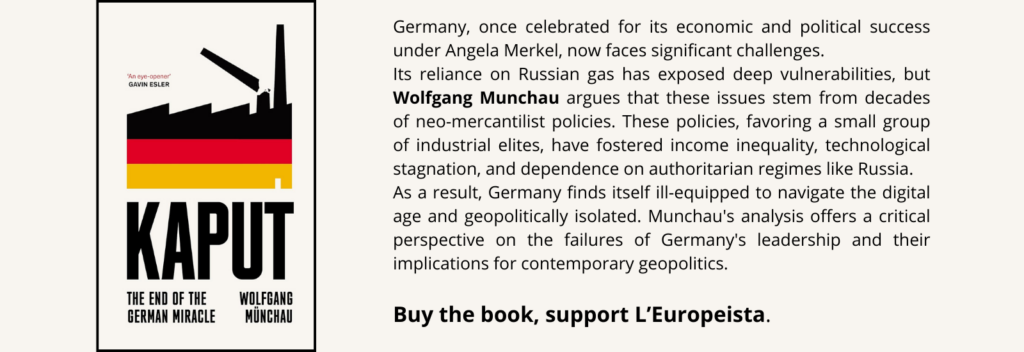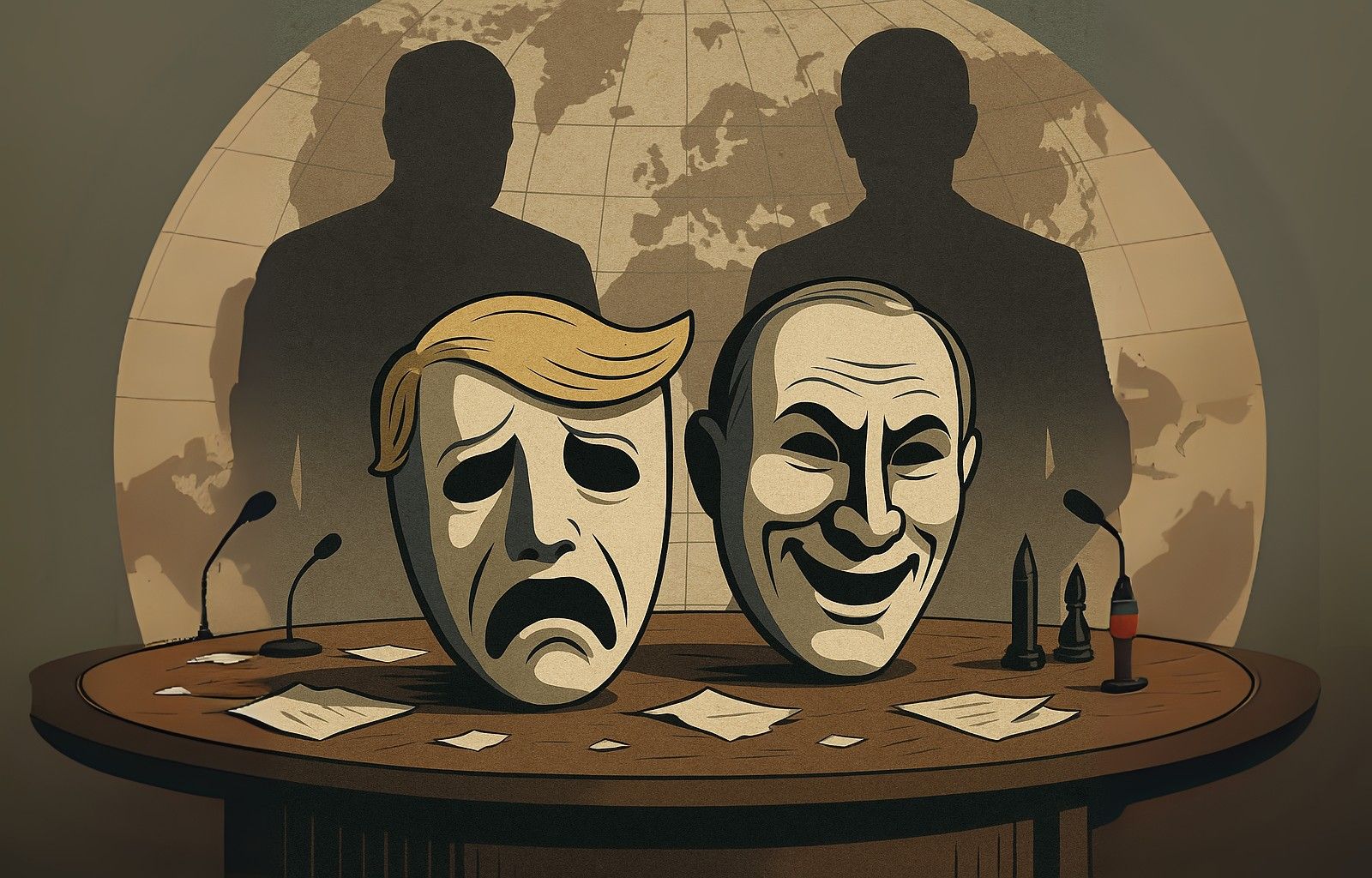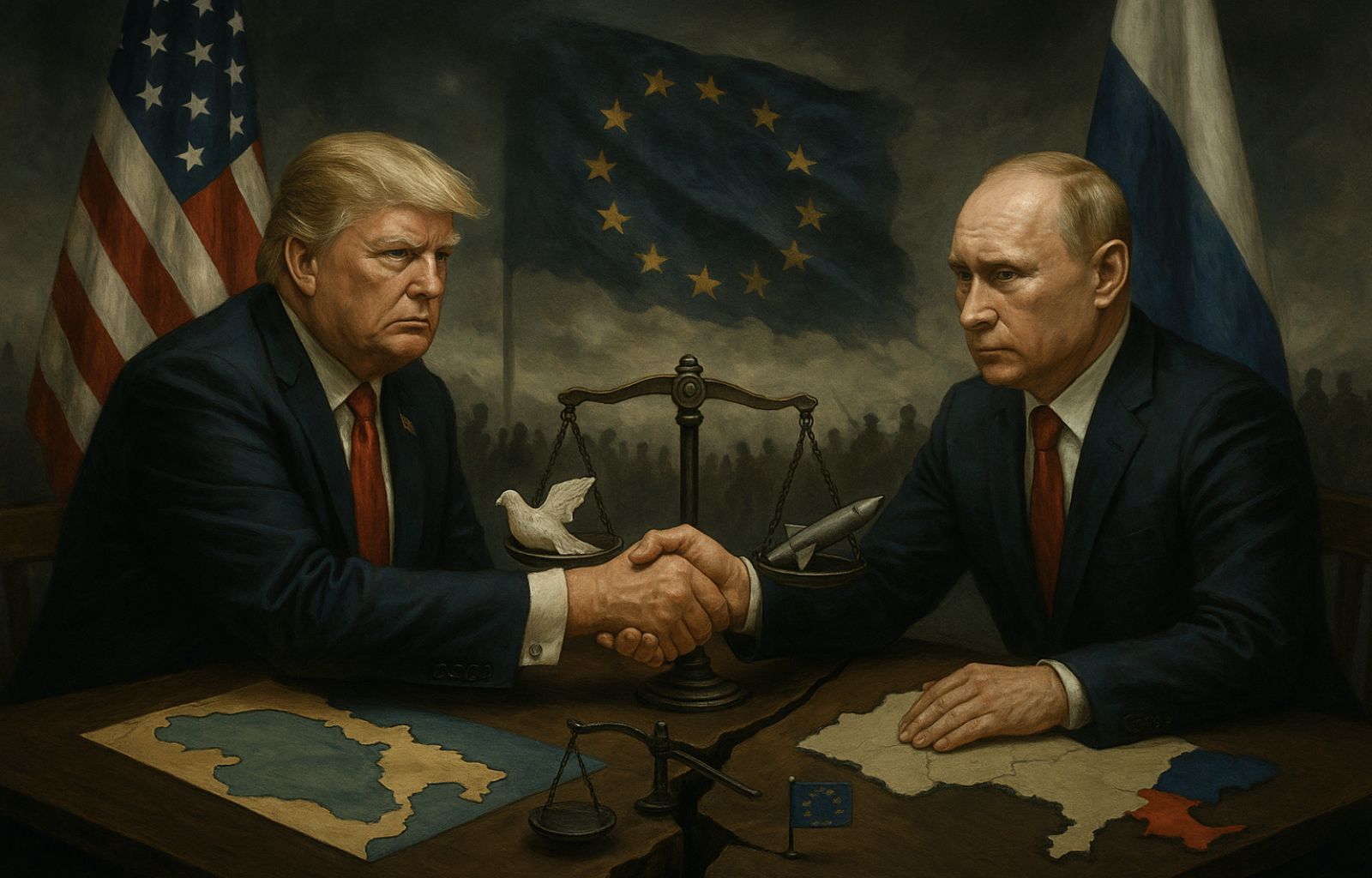Dear Europeanists, this discouraged Europe is not ours

The old ‘Europeanism ‘ and the old ‘sovereignism’ have in common a fear of risk and the belief that Europeans have nothing more to give to humanity. They are wrong.
For years, the rhetoric of the ‘Europeanists’ (among whom I include myself) extolled the extraordinary possibilities that the countries of old Europe would have if they united under a single federal government.
Even those who were more lukewarm about the ‘United States of Europe’ nevertheless agitated a contrast between the backwardness of Italian laws and the opportunities that European law offered instead, to which Italy had remained impermeable, preferring a strident closure.
These hopes had, perhaps, peaked during the pandemic, when the obligation to freely circulate sanitary material, the collective purchase of vaccines and the great ‘recovery and resilience’ plan had shown what a united Europe was capable of doing, provided it wanted to, in situations of severe crisis.
Well, we have to admit that in the years since 2021 everything has changed. That rhetoric has been overtaken by events and is now, on balance, to be discarded.
What has happened in just three years that is so shocking?
Simple: in light of Europe’s embarrassing handling of the environmental issue, the war in Ukraine and the advent of artificial intelligence, we realised that the entire continent is much more ‘Italian’ than we thought.
We realised that paranoid caution, passivity, fear of the new, anxiety about protection and guilt towards the greatness of yesteryear are the dominant sentiments in almost all the European elite, including those sitting in the national palaces of power.

The crisis of European courage
Such sentiments cannot inspire either courageous or far-sighted choices. And so it came in sequence: the blocking of mergers to create large European corporations, the GDPR that sank research in the field of data science, the Digital Services Act that expelled us from the race forartificial intelligence, the utopian ecological policies that have put entire sectors of industry in crisis, the capitulation to the ‘tractor’ marches that crushed innovation in agriculture. It may sound absurd, but there is not a single sector of the economy in which Europe has not shot itself in the foot.
So if the ‘United States of Europe’ could be born tomorrow with a wave of a magic wand , it would bear little resemblance to the United States of America.
A clumsy control over the economy dictated by the terror of risk would be ‘federalised’.
The disengagement in foreign policy, the fear of reactivating the war industry and the condescension towards Russia that we have sadly experienced over the past two decades would be ‘ federalised ‘.
The systematic castration of any vital, virile, adventurous, explorer of the unknown and repairer of injustices instincts, that is, of what made European civilisations great in the past and, through them, tangibly improved the existence of most human beings, would be ‘federal ised ‘.
Welfare and its shaky foundations
Mind you, there is nothing wrong with welfare in itself: as a ‘Europeanist’ of the old school I often wished that my children could also enjoy childcare services in Italy like those in the Nordic countries. The problem is on what basis our welfare rests.
If an enterprising, dynamic society, proud of its historical mission, free to create and spread its creations throughout the world, then decides to allocate a portion of the added value it has created to social spending, that is natural and commendable.
But if an immobile and fearful society, which literally no longer produces anything new or interesting for the rest of the world, then claims to maintain enormous social spending and, on top of that, brags about it while looking down on others (see the bar-room legends about Americans who ‘have to swipe their credit card to get hospital treatment’), then welfare becomes a parasitic privilege, and it is harder to be proud of it.
The (real) difficulty of many countries, including our own, in raising their investments in military security after the great invasion ofUkraine, tells us how much the habituation to welfare has made millions of European citizens weaker and more blackmailable, and how foolish it is to ridicule those Americans who in fact, by paying out of their own pockets for our security, allow us to keep our welfare standing.
The Europe we dream of
Therefore, the old Europhile and federalist mythology must be abandoned, and quickly. The sum of many weaknesses does not generate strength.
As long as Europe remains a discouraged continent, which no longer believes in the potential of man and his free will and demands social control, protection of the existing and in some cases ecological penance from politics, its decline will be unstoppable.
Only when it has turned into a great Estonia, a great Poland or – scandalously enough! – into a great Israel, will it be able to regain the security, prosperity and above all the pride it once had.
How to do this? The debate is open.












